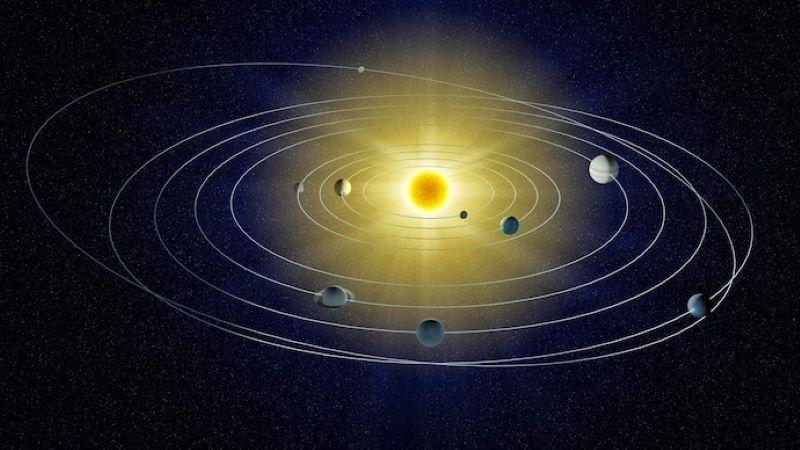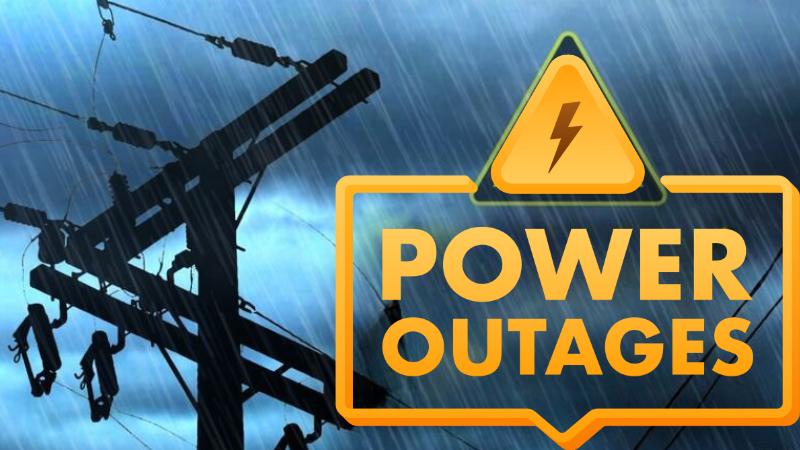
- devara
- 06 Mar 2025 07:03 AM
- #Science #Alpha Centauri #interstellar objects #cosmic dust #space discovery #solar system
For centuries, humans have gazed at the night sky, pondering the mysteries of the universe. But what if those mysteries are not just distant wonders, but tangible objects already drifting through our own Solar System? Scientists now believe that material from Alpha Centauri, our closest stellar neighbor, may have made its way into our cosmic backyard—and possibly even to Earth.A new study suggests that tiny fragments from Alpha Centauri, a three-star system located just over four light-years away, may be arriving in our Solar System as interstellar material. The research, published on the preprint server arXiv, proposes that cosmic debris ejected from Alpha Centauri has been traveling through space and could already be present within the Oort Cloud, a vast shell of icy objects at the edge of our Solar System.
Interstellar Visitors: Alpha Centauri’s Long Journey to Earth
Alpha Centauri, a system consisting of three stars—Alpha Centauri A, Alpha Centauri B, and the red dwarf Proxima Centauri—is moving closer to our Solar System. Scientists estimate that in about 28,000 years, it will reach its closest approach. However, recent findings indicate that material from the star system has already begun arriving in our vicinity.According to the study, most of this material travels at relatively slow speeds, around 2 km per second, making it more likely to be captured by the gravitational pull of the Sun and planets. As Alpha Centauri moves closer, the influx of interstellar particles into our Solar System is expected to rise, reaching its peak when the system is at its nearest point.
A Million Hidden Objects in the Oort Cloud?
The study estimates that there could already be around a million objects larger than 100 meters within the Oort Cloud that originated outside our Solar System. These interstellar visitors could be relics of past stellar interactions, ejected into space millions of years ago and now drifting quietly in the outer reaches of our Solar System.As Alpha Centauri continues its approach, this number could increase significantly. Scientists speculate that in the coming millennia, the number of interstellar objects in our Solar System could rise tenfold. But while large interstellar visitors may be difficult to detect, smaller fragments might already be making their way toward Earth.
Tiny Interstellar Meteors Entering Earth’s Atmosphere?
According to the study, an estimated 10 meteors from Alpha Centauri, each larger than 100 micrometers, may be entering Earth’s atmosphere every year. These tiny cosmic particles, potentially carrying elements or compounds unique to another star system, could be providing us with material from an alien world—without the need for a space probe or interstellar travel.If confirmed, this discovery would revolutionize our understanding of interstellar exchanges, showing that our Solar System is not an isolated bubble but part of a continuous cosmic interplay. The idea that microscopic fragments from a neighboring star system could be falling onto our planet raises exciting possibilities for studying material from beyond our Solar System.
Unlocking Clues About Alien Worlds
Scientists are eager to analyze these potential interstellar fragments to uncover new information about Alpha Centauri’s planetary system. Could these tiny specks of cosmic dust carry evidence of another world’s history? Could they provide clues about planetary formation, chemistry, or even the potential for extraterrestrial life?
While much remains speculative, ongoing technological advancements may soon allow researchers to confirm whether Alpha Centauri has, indeed, been sending us interstellar visitors. By studying these particles, scientists hope to decode the messages hidden in these tiny cosmic messengers and gain insight into the universe beyond our own planetary neighborhood.For now, researchers are on the hunt for more definitive proof. As telescopes, space probes, and analysis techniques improve, we may soon have concrete evidence that fragments from our nearest stellar neighbor have been silently drifting through space and landing on Earth—waiting for us to uncover their secrets.












































